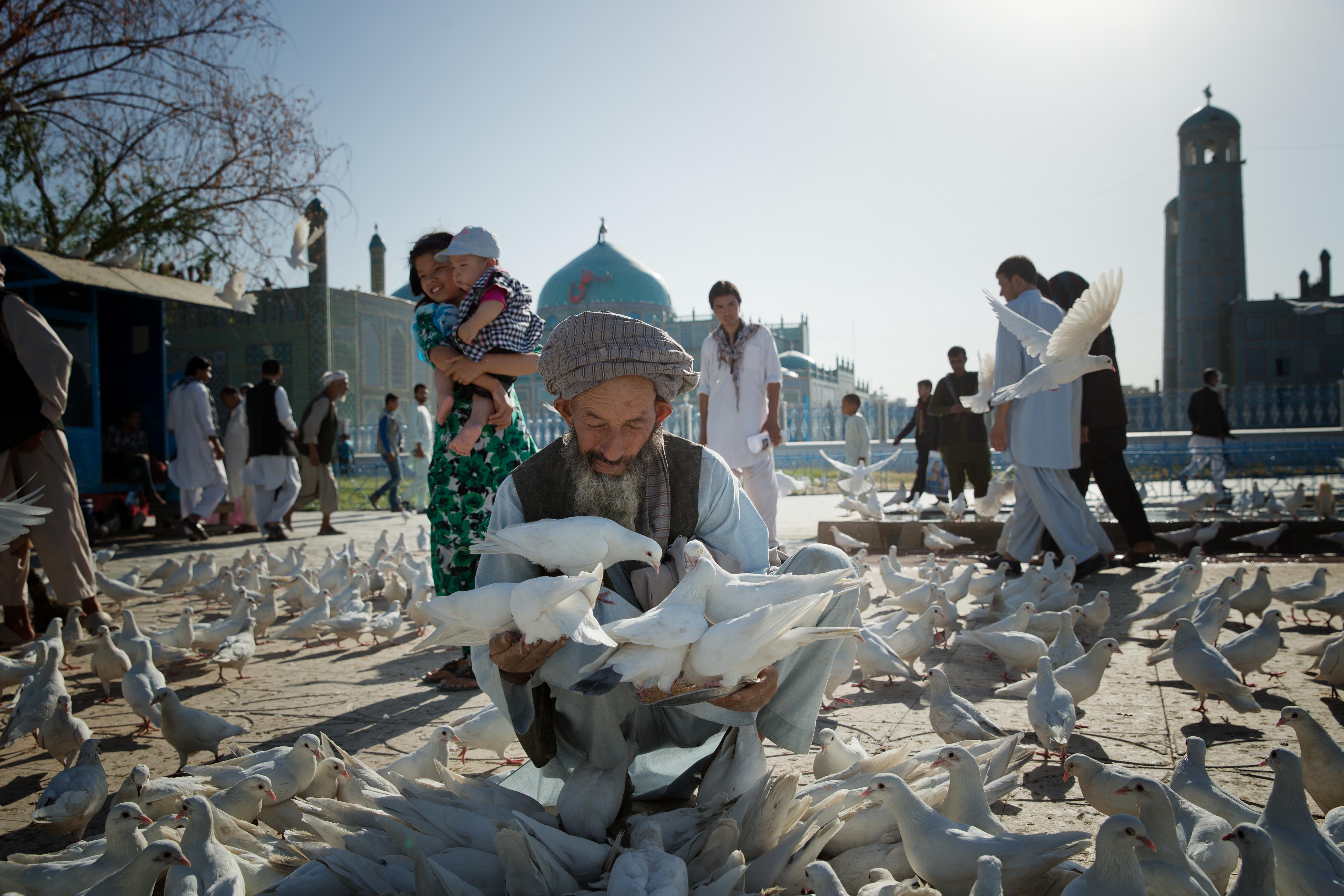The War in Ukraine: Afghanistan
Impact of the War in Ukraine: Afghanistan’s perspective

The shock waves of the Ukraine war have impacted energy and grain markets worldwide, including countries like Afghanistan. According to World Food Programme (WFP) reports, the prices of basic commodities such as grains, cooking oils, and fuel began to rise in February 2022. While they picked up in June of the same year, they declined in its second half.
Afghanistan has a diaspora of 5 million people, many of whom are migrant workers, with 11% living in Europe, which has been one of the regions hit hardest in economic terms by the war. As a result, the remittances sent to Afghanistan have decreased, although precise quantitative data is difficult to come by. The impact of the war is the third blow to Afghanistan's deteriorating economic condition, following the COVID-19 pandemic and the economic collapse that occurred after the Taliban took over on August 15th, 2021.
Despite challenges, Afghanistan may have fared better than countries like Egypt, Lebanon and Turkey and most of Europe that depend on the Black Sea region’s grain and energy market. Afghanistan's access to Central Asian grain and energy markets has helped it adjust to inflation more easily, partially because of agreements between the Taliban de facto government and Russia on imports of fuel, cooking oil and grain.
Afghanistan is better equipped to handle future energy market crises thanks to existing agreements for power and gas transmission with Central Asian and South Asian countries, their supply lines passing through Afghanistan. Energy projects like Central Asia-South Asia (CASA-1000), Turkmenistan-Uzbekistan-Tajikistan-Afghanistan-Pakistan (TUTAP) and the Turkmenistan-Afghanistan-Pakistan-India (TAPI) pipelines aim to transfer gas and electricity from Central Asia to South Asia, putting Afghanistan in a better position to deal with rising energy price issues. Before its takeover of the government, the Taliban was a significant obstacle to the implementation of these projects, but with the group now in power, the rise in energy prices is likely to accelerate their completion.
However, the Taliban's exclusion of women from public life and its ban on girls' education, as well as discrimination against non-Pashtun groups, are exacerbating the country's ethnic tensions. The border region between Afghanistan and Central Asia is a major source of conflict that could disrupt plans to import energy from Central Asia into South Asia. Religious extremists such as the Islamic State of Khorasan and the Islamic Movement of Uzbekistan have seized the border region as their base. Moreover, the Taliban, dependent on funding from the US and its allies, will find it difficult to balance its relations between Russia and China whilst establishing its international legitimacy to the West. Navigation of international relationships between conflicting regional and global powers has been a long-standing strategic challenge for Afghanistan.
Read the full paper here:
-

Taliban, dependent on funding from the US and its allies, will find it difficult to balance its relations between Russia and China whilst establishing its international legitimacy to the West. Navigation of international relationships between conflicting regional and global powers has been a long-standing strategic challenge for Afghanistan.
